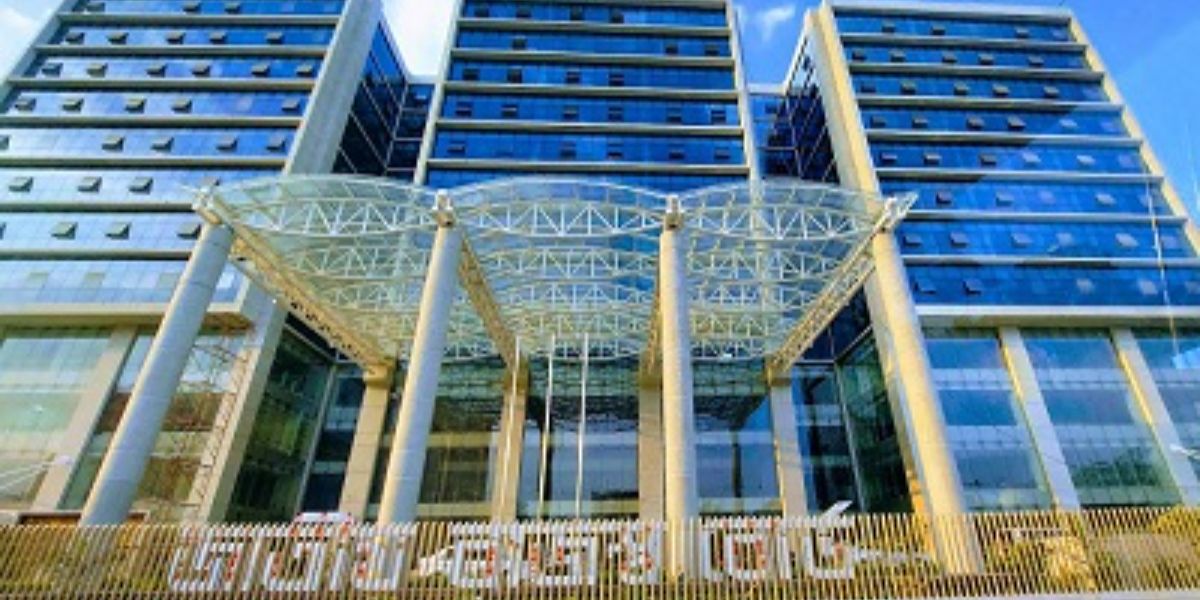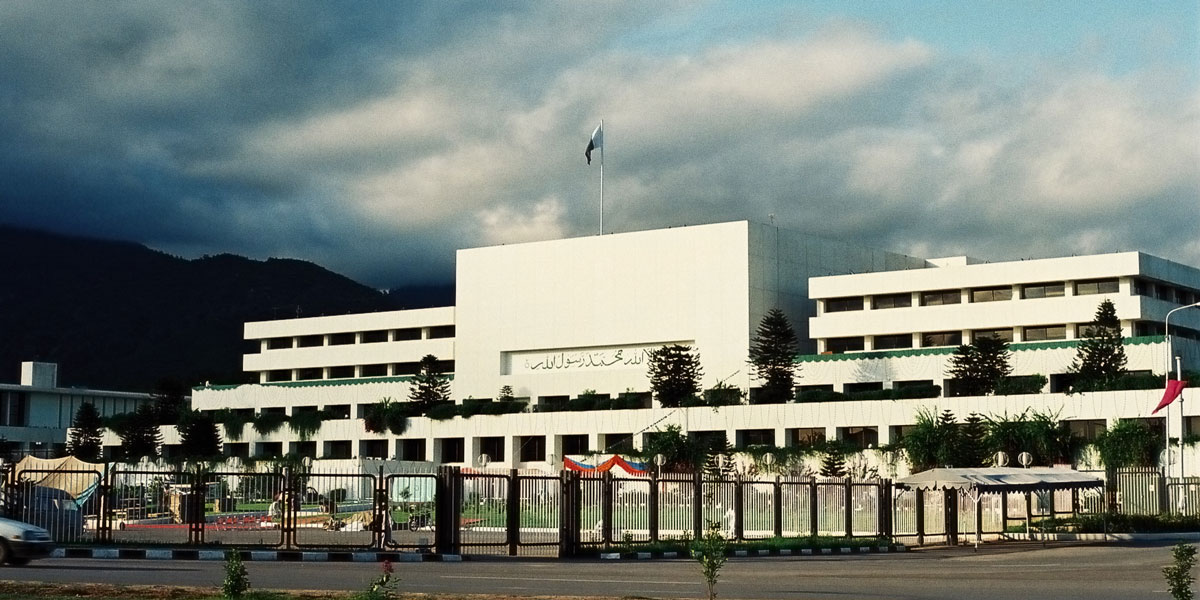On 28 April 2024, Bangladesh’s National Board of Revenue (NBR) announced that the International Monetary Fund (IMF) proposed enforcing a 15% Value Added Tax (VAT) on goods and services from businesses with turnover above Tk3 crore.
The IMF also proposed that the NBR abolish the reduced tax rate and VAT exemptions in sectors such as footwear, clothing, health care, education, liquefied petroleum gas (LPG), agriculture, and mobile phones. The NBR said it would review the proposal and implement the feasible ones. Currently, customers pay 7.5 percent VAT on clothing and 5% VAT on LPG cylinders.
The IMF proposed this proposal when the VAT Act of 2012 was first introduced. However, the Bangladesh government postponed it after opposition from the business community. In 2019, the VAT Act was enforced after a few amendments.
According to NBR, the standard VAT rate is set at 15%. However, entities with an annual turnover of up to Tk50 lakh are exempted from paying VAT. For businesses with turnovers exceeding Tk 50 lakh and up to Tk3 crore, the VAT rate is 4%. For turnovers surpassing Tk3 crore, the applicable VAT rate is 15%. Additionally, 105 types of goods and services have reduced VAT rates of 5%, 7.5%, and 10%. The VAT rate is 5% for trading, while the education, healthcare, agricultural, and export-oriented sectors are VAT-exempt.
Amending tax limit for individual taxpayers
The IMF also proposed eliminating tax exemptions for service holders earning up to Tk4.5 lakh or one-third of their income, whichever is lower. This change would raise the tax-exempt income threshold for individual taxpayers from Tk5 lakh from the existing Tk3.5 lakh. Additionally, the IMF proposes imposing taxes on remittances, bonds, capital gains from the stock market, and various services in the IT sector.













